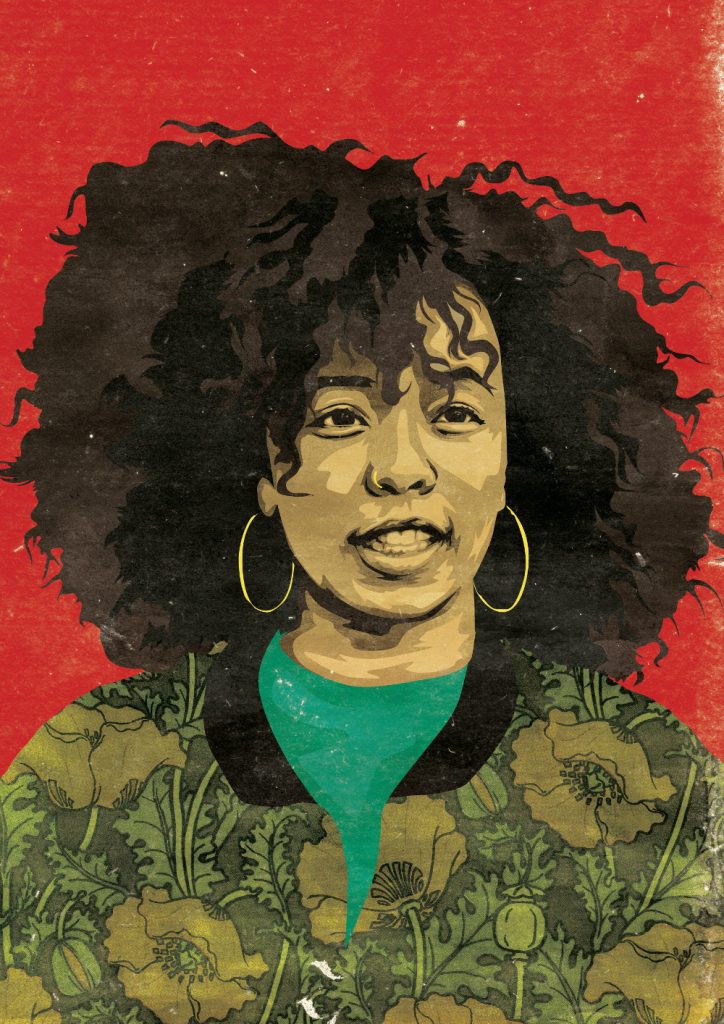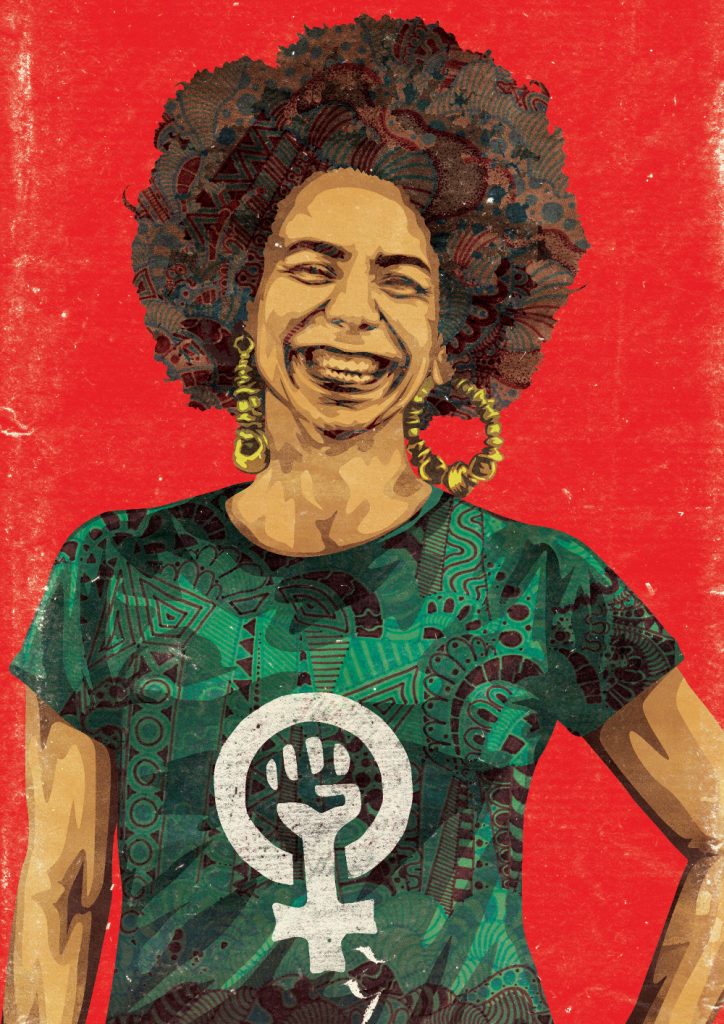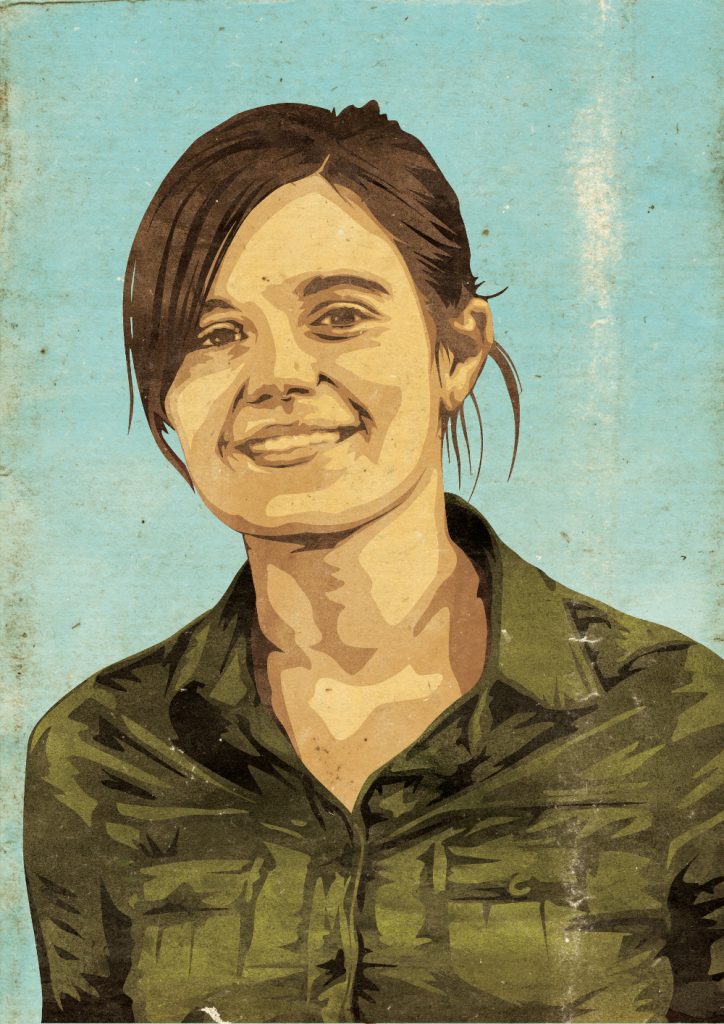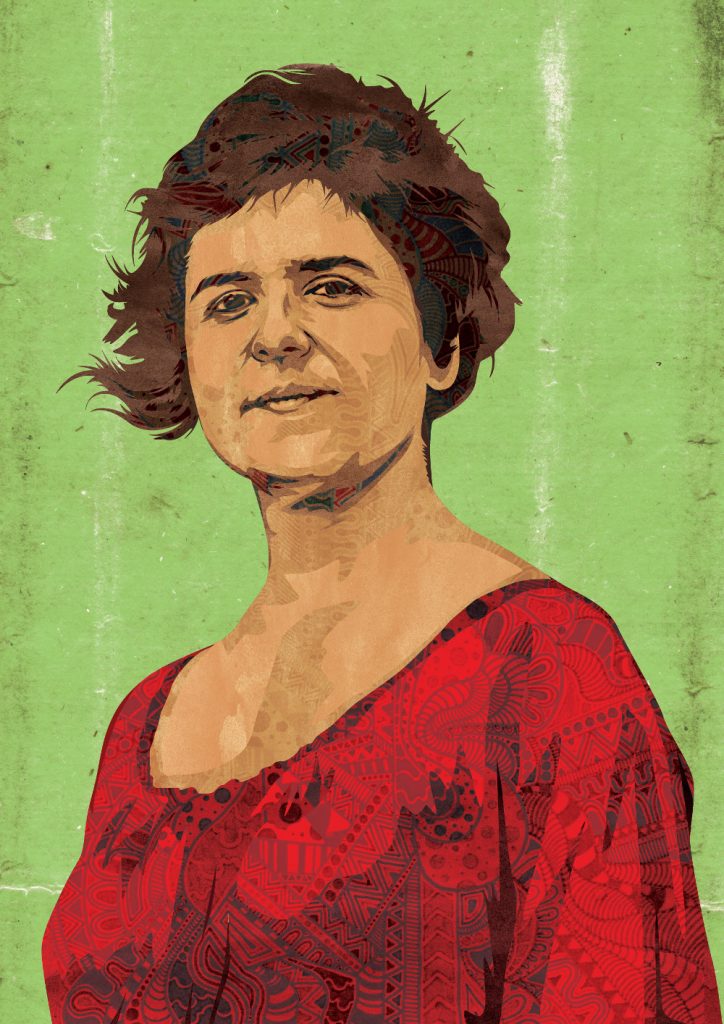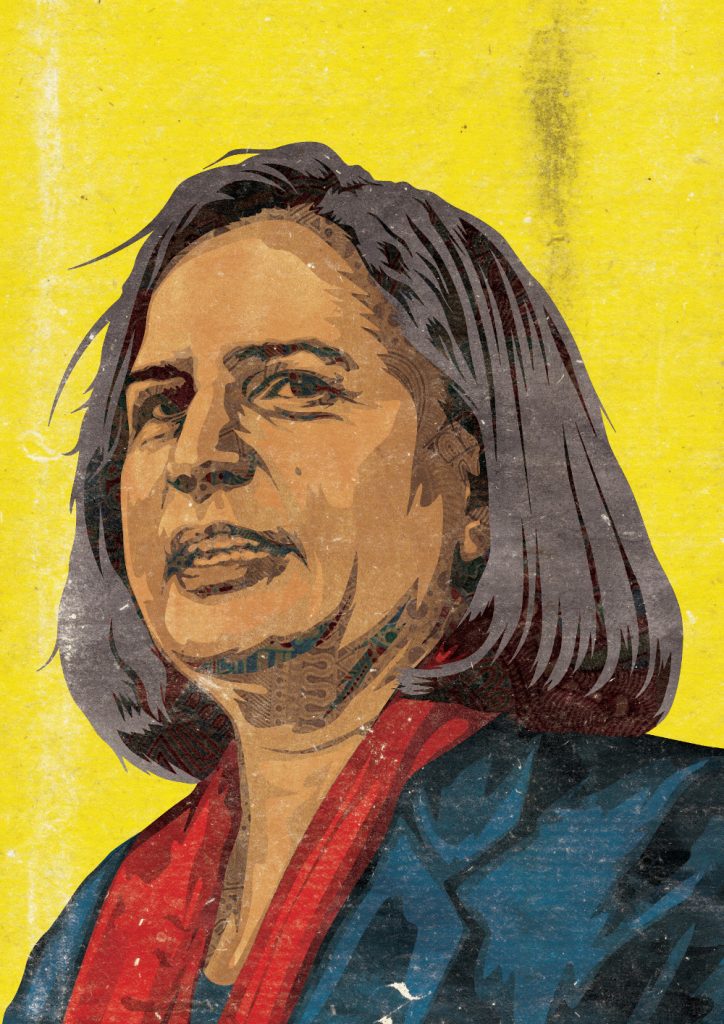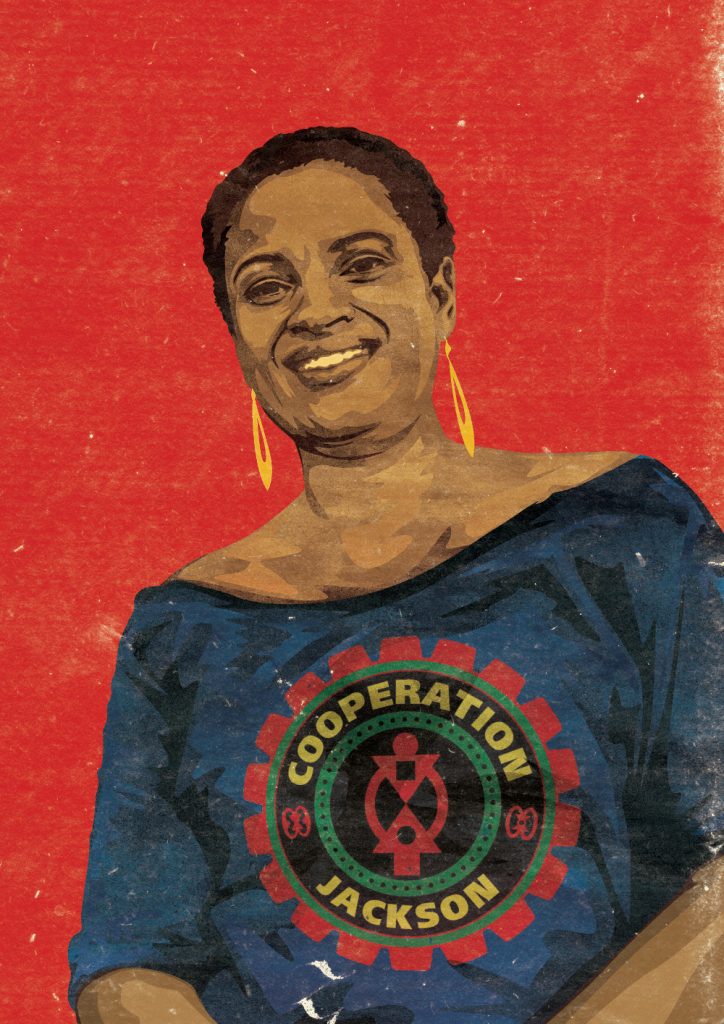Collaboration, dialogue, horizontality: what links the "feminisation" & "municipalisation" of politics.
Thanks so much to ROAR magazine. They have given us a very clear and helpful statement of the link between “municipalism” (exploring how power can be exercised, and politics reinvented, at the city or town level) and “feminisation” (the claim that we need a rebalancing of styles of power away from “masculine” norms, and towards “feminine” practices).
The magazine has also commissioned some striking graphics (from Luis Alves) of the leading practitioners of “feminised municipalism” (on the slide show above, with links to each of the figures below each).
Excerpt from the piece:
We have argued that the feminization of politics, beyond its concern for increasing presence of women in decision-making spaces and implementing public policies to promote gender equality, is about changing the way politics is done.
This third dimension of feminization aims to shatter masculine patterns that reward behaviors such as competition, urgency, hierarchy and homogeneity, which are less common in — or appealing to — women. Instead, a feminized politics seeks to emphasize the importance of the small, the relational, the everyday, challenging the artificial division between the personal and the political.
This is how we can change the underlying dynamics of the system and construct emancipatory alternatives.
We don’t make this argument from an essentialist perspective. Gender roles are, of course, the product of patriarchy itself. Rather, we see a need for “feminine” values and practices because the predominance of “masculine” styles pushes women, who have not been socialized into using them, out of the center of the political arena.
Such a shift in the way politics is done implies attacking patriarchy at its root: through the practices where gender roles themselves are reproduced. What is more, if our goal is to deepen democracy and empower people, promoting “feminine” ways of doing — collaboration, dialogue, horizontality — will help to include all sorts of disadvantaged groups and should be a priority independent of the question of gender.
The contemporary municipalist movements we most admire all take a distinctive, “feminine” approach to politics. They combine radical goals with concrete action. In this way, municipalism resists becoming a struggle for power at any cost, or falling into the trap of paralyzing ideological purity — two “masculine” tendencies familiar on the traditional left.
Municipalism is characterized by a dynamic of learning-by-doing, of trial and error. This is, of course, deeply linked to the nature of many local issues, such as access to housing, water and electricity, transport and waste management, all of which demand immediate and complex responses rather than the abstract debates that so often characterize progressive organizations.
One of the limits of national political projects is their phobia of internal disagreement, their urge to control the narrative from the top down. This “masculine” dynamic, fruit of the need to put forward a coherent project, can’t hope to meet the diverse demands and priorities of the population of any large geographical area.
In the end, such projects have a limited ability to garner support because it’s impossible for any single political project to be a perfect fit for everyone in a whole country. This is, in part, the cause of the frequent divisions within the left at a national level in many countries.

